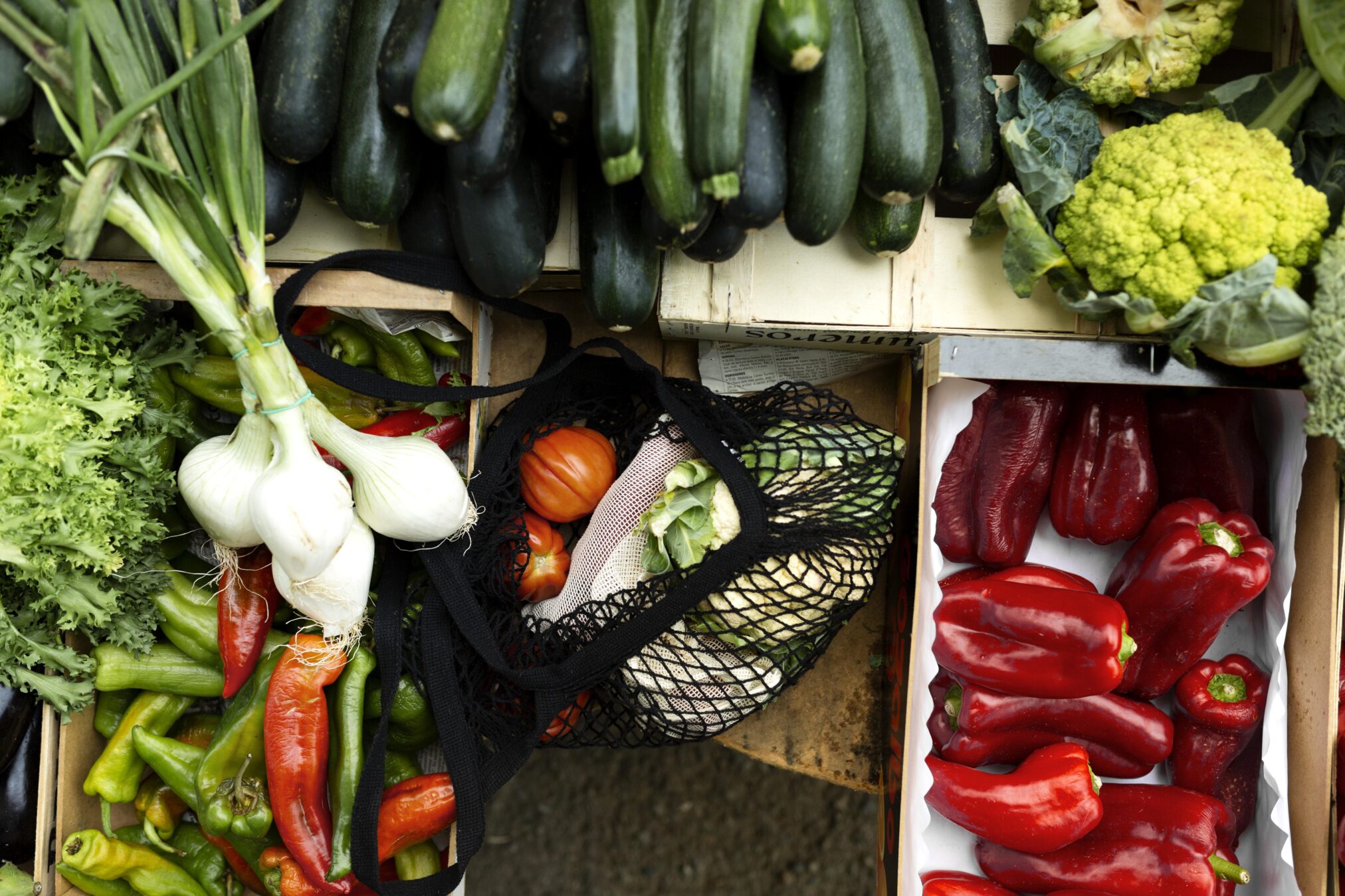In today’s fast-paced and globalised world, the food we consume often travels thousands of miles before reaching our plates. However, while this allows for a vast array of choices it also raises concerns about sustainability, nutritional quality, and economic impact. As consumers become more conscious of these issues, there is a growing movement towards embracing locally sourced ingredients and this trend is not just about supporting local farmers and reducing carbon footprints; it encompasses a holistic approach to health, economic vitality, and culinary excellence.
Locally-sourced ingredients, as the term suggests, are foods grown and produced close to where they are consumed. This proximity ensures fresher produce, reduces transportation emissions, and fosters stronger local economies. But the benefits go far beyond these immediate advantages. From improved nutritional content and food safety to richer flavours and cultural preservation, the impact of choosing local ingredients is profound and far-reaching.
Hospitality experts COLUMBIA signature, which incorporate locally-sourced ingredients in menus wherever possible, look at some of the reasons to source locally, whether you are a chef, a restaurateur, or a home cook.
Health Benefits
- Nutritional value: Locally-sourced ingredients are typically fresher since they don’t require long transportation times and this freshness often translates to higher nutritional value because vitamins and minerals degrade over time. Local produce is also usually in season, which means it’s harvested at its peak ripeness, maximising its nutritional profile.
- Reduced preservatives: Since local ingredients don’t travel long distances, there’s less need for chemical preservatives, contributing to healthier food options.

Transparency And Trust
Consumers can often visit local farms or talk to producers, ensuring a better understanding of farming practices, pesticide use, and overall food quality.
Economic Benefits
Purchasing from local farms and producers helps create and sustain jobs within the community, while money spent on local produce also stays within the community, boosting local businesses and services.
Sustainability And Cost Savings
Lower transportation requirements can lead to cost savings, which can be passed on to consumers or used to improve business operations. Lower transportation also reduces carbon emissions, contributing to a more sustainable food system.

Promoting Local Businesses
Building relationships with local farmers and producers can foster a supportive network that benefits all parties involved.
Taste Advantages
Locally-sourced ingredients are often harvested at their peak ripeness, resulting in superior taste and texture compared to produce that has been picked early and transported long distances. Seasonal ingredients often have distinct and enhanced flavours that reflect the time of year, offering diners a connection to the changing seasons and a more varied dining experience.
Diverse And Unique Varieties
Local farmers often grow a variety of crops, including heirloom and specialty varieties not found in conventional grocery stores and supermarkets. This diversity can introduce unique flavours and culinary experiences to menus.
Community And Cultural Benefits
Supporting local food systems helps preserve regional food traditions and cultural heritage. Local food initiatives, such as farmers’ markets and food festivals, foster community engagement and education about food sources and sustainability.

Food Security
Local food systems can enhance food security by reducing dependency on global supply chains, which can be vulnerable to disruptions.

